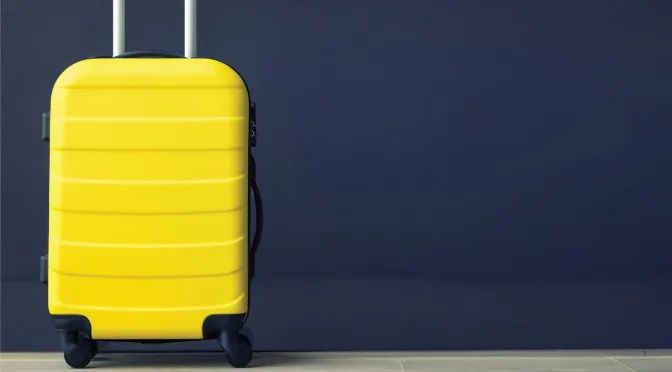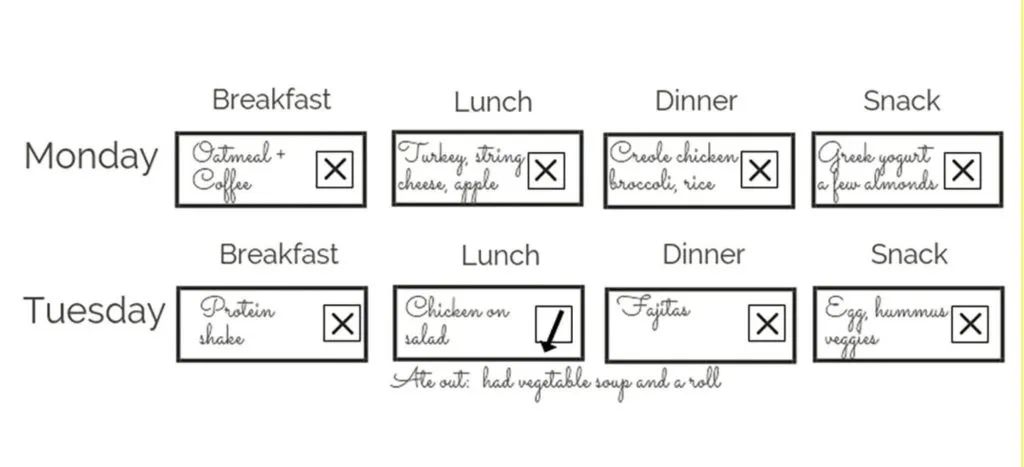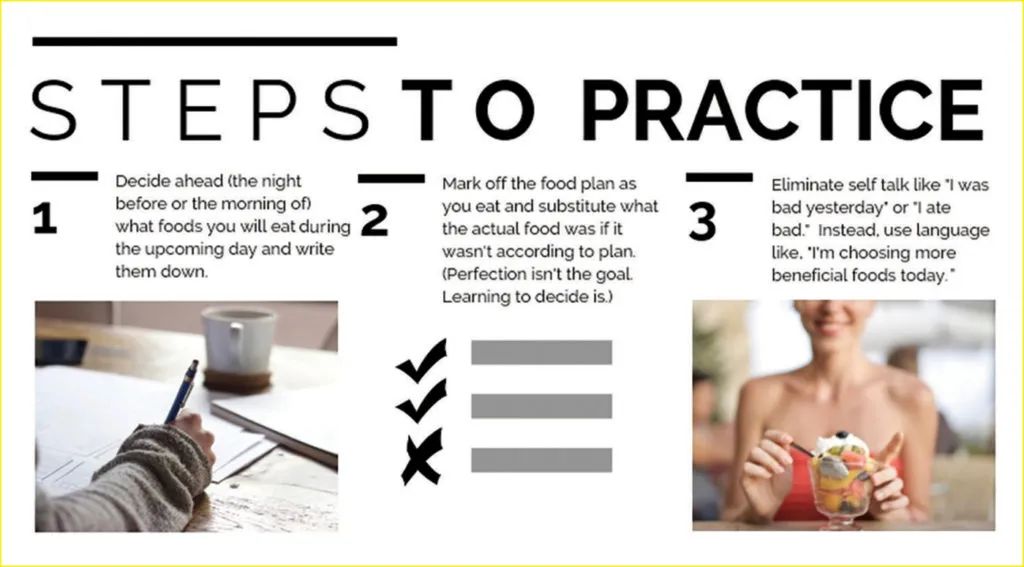
Identifying (and Unloading) Your Food Baggage
Food. It’s a drug of choice for some, underutilized medical prevention, social companion, friend, and for many, it’s seen as the enemy. It is the center of festive gatherings, the main character of many memories, and in some cultures, it’s a prized possession. In my world, the world of wellness, food is associated with struggle. It takes on a personified form as the bad guy, and we label ourselves as guilty by association. The talk sounds something like this…“I was super bad this weekend. I ate dessert on Friday; I drank more than I should have on Saturday, and Sunday I felt like crap. I just couldn’t turn down that dessert. It was calling my name! I LOVE cheesecake.”
We build romantic relationships with food, we look to it as a loyal companion, and somehow we give it the power to define us. Yes, I know that sounds a little dramatic, but it’s true. Women especially, identify themselves as good or bad, a success or failure based on what foods they consume. It sounds crazy, and it is! But in our culture, it’s not abnormal. It’s way more the norm than we’d like to admit. There are a lot of food addicts walking around, and you'd never know it. It’s what they think about, look forward to, it’s SUPER hard to say “no” to, and they feel physically and emotionally deprived when they turn it away.
And then…
The logical part of our brain comes to the conference table in our head and says,
“Ahem. Excuse me. I just wanted to point out that food has no feelings. It doesn’t care about you. It has no attachment to your choices. Food is not good or bad. Food is an inanimate object. It is not a drug, friend, or a criminal. Please just stop. Just stop overeating. Stop eating crap. Just stop.”
The problem is, we try and we can’t stop. It seems that there are a lot of people who live to eat rather than eat to live. And there are also those who are so afraid of food, they avoid it at all costs. They feel powerless and fear the consequences of eating so much that it’s easier never to get a whiff of anything pleasurable.
We can unlearn these associations and relearn new ones that serve us better. We can learn to enjoy food, and not feel like it controls us. We can learn to choose food for its benefits, not because of a craving.
The process is multi-faceted, but let's start with one simple and practical mindset that can be easily practiced and turned into a habit with consistency and conscious thought. Here’s how it works.
Let’s say you are taking a trip to Hawaii next week. It's cold here, and you've been layering up for weeks. But, as you know, it’s NOT cold there. So, the layers aren’t necessary for Hawaii. Can you wear a scarf there? Sure. But, you’ll probably be uncomfortable. You pack clothes that will keep you comfortable and make you feel your best while on vacation. You’ll choose your favorites, the ones that fit the best, and the ones that are weather appropriate. You’ll leave the sweaters at home knowing those are for a different time, different season, and different place.
Just as you choose clothes for a trip, you can practice selecting your food today based on the destination of tomorrow. If you want to feel energized, avoid bloat and blood sugar drops, have a clear mind, and feel comfortable, you can choose foods to help you feel that way. I know you already think this is easier said than done. Most people do not think of their foods as either being beneficial or non-beneficial. They aren’t thinking about the benefits. And, most people center a mindful diet on what they can’t eat versus what they can (shorts in Hawaii versus sweaters in Montana.) This mindset changes the relationship and takes back the power of choice. This one piece is more powerful and practical than you even realize until you practice it and see the results yourself.
JANUARY CHANGE CHALLENGE:
Here’s how you can easily practice this.
Every morning (or each night), pre-determine what foods you would like to eat for the upcoming day. Choose them based on the benefits you want and what you need. Try not to allow thoughts like “Well, I was bad today, so tomorrow I will be good." Instead say, "I didn't give my body a lot of beneficial nutrients today, so tomorrow, I'm going to ramp that up to feel really good.” It’s a focus on what you CAN have to get you what you DO want versus what you SHOULDN’T have based on what you DON’T want. Write it down.
Then, as you write down the foods you’ll eat, check them off as you eat them. Sounds simple enough right? The power of pre-determining (packing your luggage before vacation) sets you up today for the destination tomorrow. Our choices lead us to a specific destination. Deciding ahead of time with the end in mind is the surest way of aligning your behaviors with your desired goals. By writing it down, and then acknowledging your choices, you are reminding your brain and all of the “voices at the conference table in your head” that you are in charge, you are capable, and as a result, food is your tool…not your friend, not your enemy. You use it.
Do this for 60 days (without expecting perfection…plans will change) and take note of how your relationship to food has changed; how awareness gave you power, your confidence in taking back control increases, and how you get more benefits with a lot less guilt.
about the author...Jamie, the wife of her high school sweetheart and mom of 4 boys, has been in the fitness industry for 18 years. "Fuel the body, mobilize the soul" is her mission. Connect with Jamie on Facebook www.facebook.com/jamiebeeson1 or online at bit.ly/JamieBeeson
Originally printed in the pages of Simply Family Magazine’s January 2019 issue.
Check out the digital edition, here!


